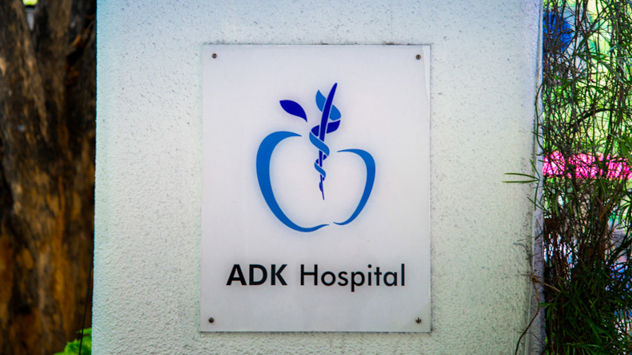MP pledges to build US$5m hospital in northern island
An opposition MPhas pleged to spend US$5million on upgrading a healthpost to a hospital in the island of Fokaidhoo in northern Shaviyani Atoll.

16 Mar 2016, 09:00
An opposition MP has pleged to spend US$5million on upgrading a healthpost to a hospital in the island of Fokaidhoo in northern Shaviyani Atoll.
MP Ahmed Nashid, the owner of ADK group, which runs the private ADK hospital in Male, is building a 30-bed hospital in Fokaidhoo.
Abdulla Faiz, the managing director of ADK Trade and Shipping, said: “This hospital will also have an ICU, scanning equipment and operation theatres as well.”
Fokaidhoo council has leased a plot of 40,000 squarefeet to the company for 50 years. The hospital is to be completed within three years. Faiz said the hospital is a pledge made by Nashid, the Maldivian Democratic Party MP for the Komandoo constituency.
Become a member
Get full access to our archive and personalise your experience.
Already a member?
Discussion
No comments yet. Be the first to share your thoughts!
No comments yet. Be the first to join the conversation!
Join the Conversation
Sign in to share your thoughts under an alias and take part in the discussion. Independent journalism thrives on open, respectful debate — your voice matters.




